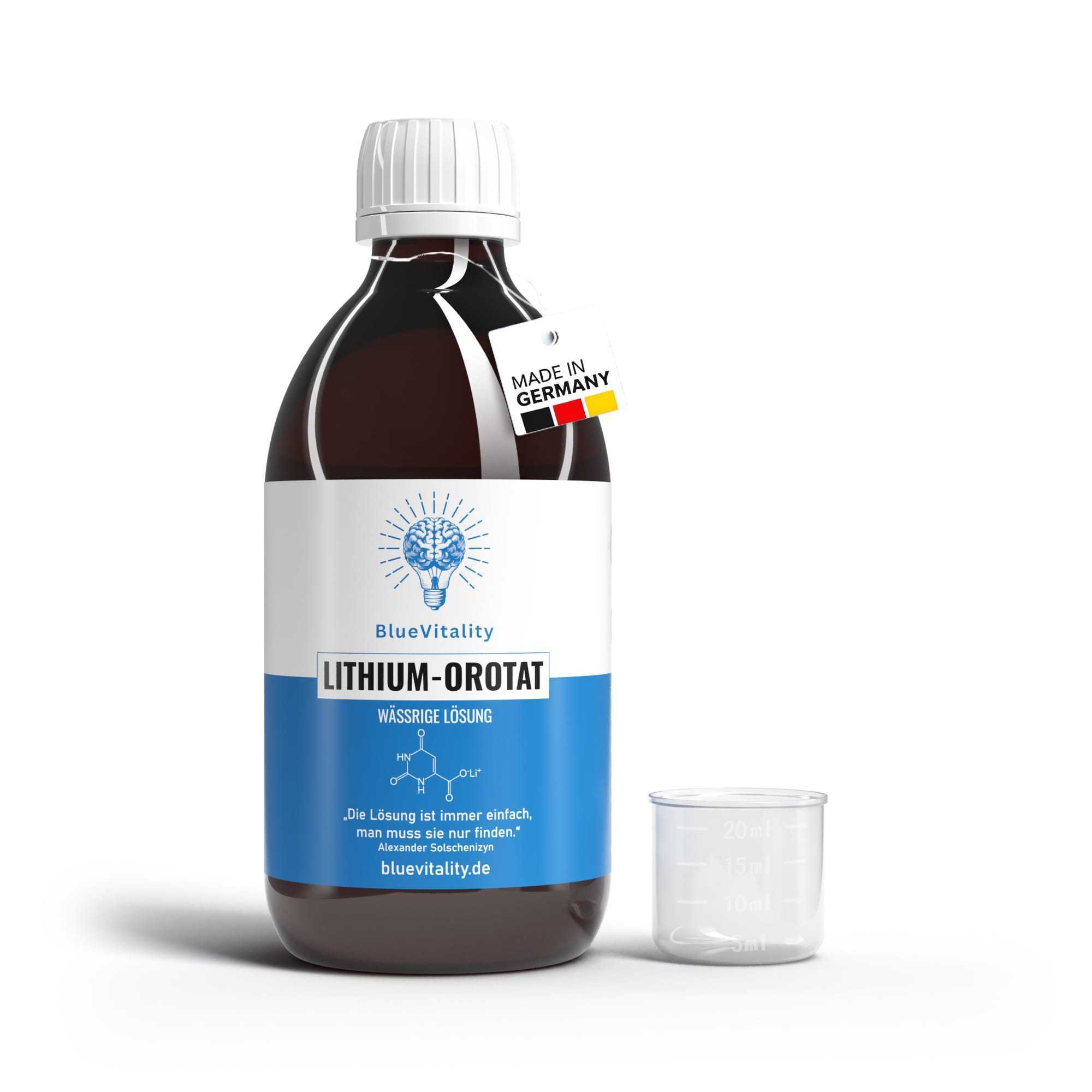Lithium orotate – The discovery and development of a special lithium salt
The history of lithium orotate is closely linked to the history of lithium itself, an element known for its special properties for centuries. In nature, lithium was once widespread and present in the soil, allowing it to be absorbed by plants and enter the human body through the food chain. This natural uptake may explain why humans in earlier times may have had a higher basic lithium supply than today.
The discovery of lithium and its historical use
Lithium was discovered in 1817 by the Swedish chemist Johan August Arfvedson. Its unique physical and chemical properties quickly became recognized, making it a sought-after element for a wide variety of applications. As early as the 19th century, lithium was used in medicine to treat gout and other diseases.
One of the most notable uses of lithium in modern history was its use in the famous soda 7Up , originally known as "Bib-Label Lithiated Lemon-Lime Soda." Until 1948, the soda contained lithium salts, which purported to have a mood-enhancing effect.
The development of lithium orotate
In the 1970s, physician and researcher Hans Nieper began researching alternative lithium compounds, including lithium orotate. Nieper believed that this particular compound could offer greater bioavailability than conventional lithium preparations such as lithium carbonate or lithium citrate. His research suggested that lithium orotate might be just as effective at lower doses, without the side effects associated with conventional lithium.
Lithium orotate consists of lithium bound to orotic acid, a substance that occurs naturally in the body. This combination is intended to allow the lithium to enter cells more efficiently, potentially enabling greater efficacy at lower doses.
Lithium orotate today
Today, lithium orotate is primarily used as a dietary supplement and is particularly popular among people looking for natural ways to support their mood and cognitive function. There is some scientific evidence that lithium, in low doses, may have neuroprotective properties and potentially contribute to maintaining brain health.
Although lithium orotate remains a subject of scientific debate and more research is needed to fully understand its exact mechanisms of action and benefits, it remains a fascinating example of how an essential trace element has played a significant role in both nature and medicine over the centuries.
From its natural presence in the soil to its use in refreshing beverages to modern research, lithium remains a fascinating element with a long history and promising future prospects.





